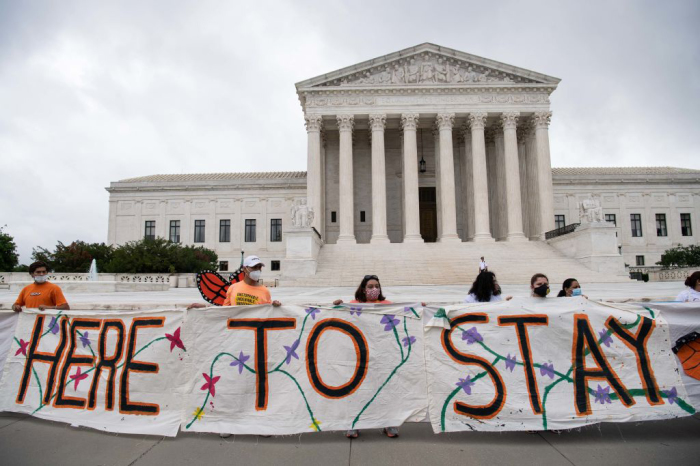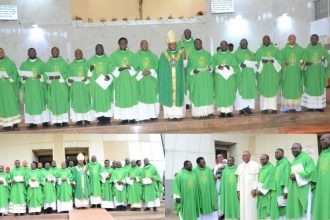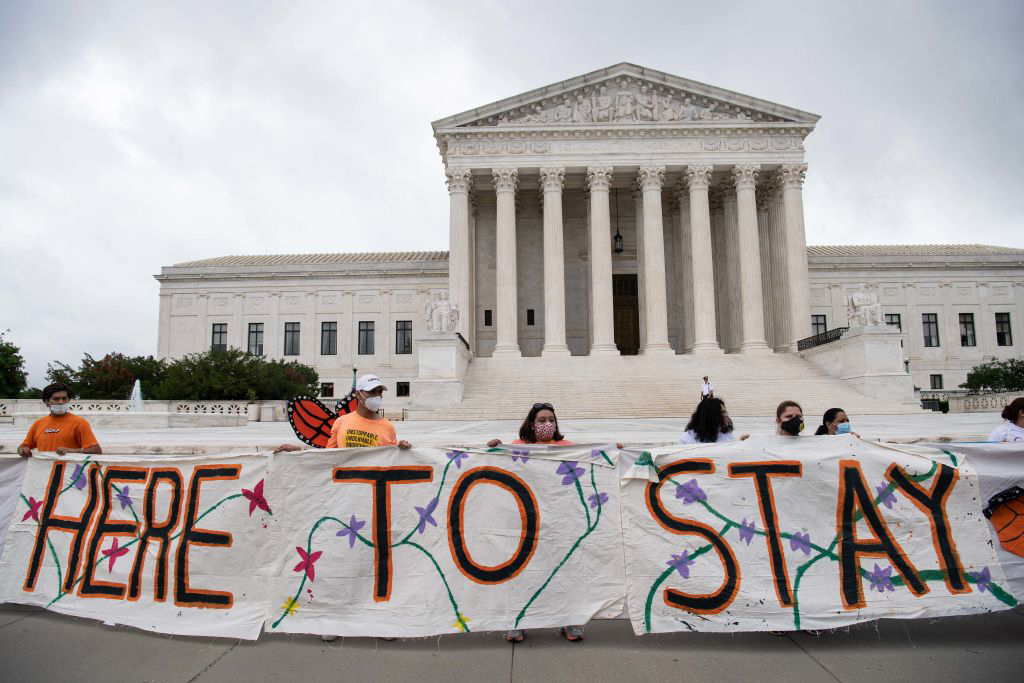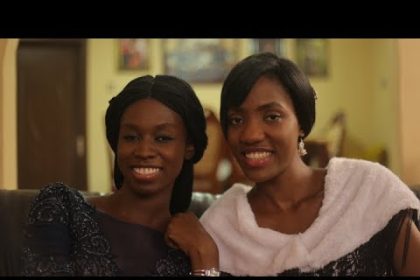
The U.S. Supreme Court’s decision to strike down nationwide injunctions impacting President Donald Trump’s order limiting the right to birthright citizenship has sparked strong backlash from some Hispanic Christian leaders and groups.
The measure, backed by a vote of six to three in Trump v. Casa, Inc., allows the Trump administration to restrict automatic citizenship to children born in the U.S. to illegal immigrants.
One of the most forceful pronouncements of the ruling came from Carlos Durán, president of the National Alliance of Hispanic Pastors (NAHPA) and a renowned pro-life advocate. Durán called the ruling an attack on human dignity and the nation’s fundamental principles.
“Denying citizenship to babies born on American soil is not hard, it’s cruel,” Duran said. He expressed deep concern from a conservative Christian perspective.
“It tears at the essence of our commitment to life, family and national identity,” he continued. “We cannot build a better future by discarding children at their most vulnerable.”
For NAHPA, the court decision is not only legally problematic but also morally dangerous. The organization’s stance is based on upholding biblical principles that value all human life, born or unborn.
NAHPA believes the Supreme Court decision sets a precedent that could negatively affect future generations of children born in the U.S. Durán urged conservative leaders not to yield to political pressure, recalling that justice is based on the defense of human dignity.
“Political expediency must never prevail over fundamental human dignity,” he said.
In his opinion, accepting these restrictions represents a risk of “dismantling the moral foundation that keeps our society rooted in faith, family and freedom.”
NAHPA believes its role is to be the voice of the Hispanic Christian Church to the government, emphasizing its commitment to the values of life, family and religious freedom.
On this occasion, the group claims that the court ruling compromises the spiritual and ethical foundations.
The case has raised concerns beyond the legal realm, especially among religious communities that see birthright citizenship not only as a constitutional right but as an expression of justice for the most vulnerable.
In Trump, et al. v. CASA, Inc., et al., multiple parties brought the lawsuit against Trump’s January order repealing birthright citizenship. Multiple federal district courts issued nationwide injunctions against the order.
The 14th Amendment to the U.S. Constitution says: “All persons born or naturalized in the United States, and subject to the jurisdiction thereof, are citizens of the United States and of the State wherein they reside.” Trump’s order, however, argues that the amendment never meant “to extend citizenship universally to everyone born within the United States.”
“The Fourteenth Amendment has always excluded from birthright citizenship persons who were born in the United States but not ‘subject to the jurisdiction thereof,'” the order asserts.
In 1898, the U.S. Supreme Court ruled 6-2 that an individual born in California was indeed a citizen of the United States, even though his parents were Chinese nationals.
But the Supreme Court’s June 27 opinion didn’t address the merits of whether Trump’s order repealing birthright citizenship was constitutional. Instead, it focused on the government’s request to limit the injunctions to the plaintiffs involved in the lawsuits, rather than imposing nationwide restrictions on the order.
The majority opinion was delivered by Justice Amy Coney Barrett. She was joined by conservative Justices Clarence Thomas, Samuel Alito, Neil Gorsuch and Brett Kavanaugh, along with Chief Justice John Roberts. Barrett wrote that the use of nationwide injunctions in these cases “likely exceed the equitable authority that Congress has granted to federal courts.”
She cited a Harvard Law Review study that found universal injunctions are becoming more common, after being rarely employed for decades. The study found that of the 127 universal injunctions issued between 1963 and 2023, 96 of them occurred after the year 2000.
“A universal injunction can be justified only as an exercise of equitable authority, yet Congress has granted federal courts no such power,” Barrett wrote, stating that courts have “consistently rebuffed requests for relief that extended beyond the parties.”
“The bottom line? The universal injunction was conspicuously nonexistent for most of our Nation’s history. Its absence from 18th and 19th century equity practice settles the question of judicial authority,” she added.
Rev. Gabriel Salguero, president of the National Latino Evangelical Coalition, contends that the 14th Amendment “leaves no room for reinterpretation: children born on U.S. soil are citizens.”
“As Latino Evangelicals, we affirm that birthright citizenship is both a constitutional guarantee and a moral conviction rooted in our faith,” Salguero, a progressive activist who pastors an Assemblies of God congregation in Florida, said. “This is not about loopholes — it’s about whether we still honor our founding commitments to equal dignity, civic responsibility, and justice for the most vulnerable, including unborn children. We urge our leaders to protect, not politicize, the Constitution.”
RenaceUSA, a Wisconsin-based pro-life organization that works with Evangelical Christian families across the country, voiced its opposition to the Supreme Court’s ruling.
“This ruling is more than a legal setback — it’s a moral failure and abandonment of our pro-life values,” Renace USA Executive Director Patricia Ruiz Cantù said in a statement shared with The Christian Post.
“Stripping citizenship from children born in this country does not make us safer or stronger; it makes us forget who we are. Our faith tells us to honor the image of God in every child. Our Constitution tells us they belong. There is no justice, no family dignity, in weaponizing the law against newborns.”







